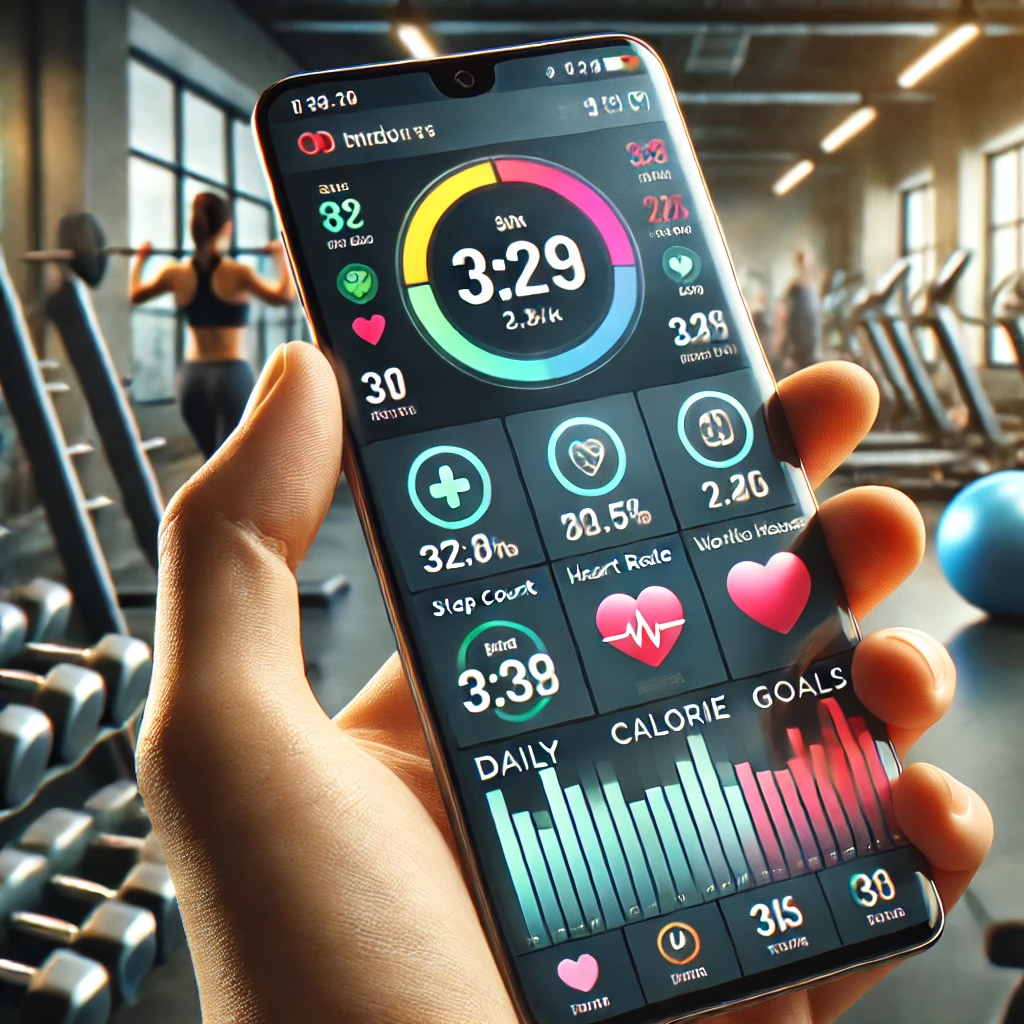
Article Content
The Shift to Online Fitness Platforms
The closure of gyms and fitness centers during the pandemic initiated a massive shift towards online fitness platforms. Companies such as Peloton, Fitbit, and numerous other fitness tech enterprises, witnessed a surge in user numbers and workout counts in the past year. Offering a combination of live and on-demand workout classes, these platforms have enabled individuals to maintain their fitness routines within the confines of their homes, transforming the way people exercise.
The Role of Wearable Tech
Wearable tech has elevated the virtual fitness experience, enabling real-time tracking of various fitness parameters, such as heart rate, calories burned, sleep patterns, and even stress levels. Brands like Apple and Garmin have seen increased popularity for their advanced wearable tech products. Integrating these devices with the virtual workout environment not only allows for personalized workout plans but also keeps users motivated and engaged, thus promoting a healthier lifestyle.
Virtual Personal Trainers and AR Fitness
Artificial Intelligence (AI) and Augmented Reality (AR) have significantly impacted virtual fitness. AI-driven fitness apps provide personalized one-on-one coaching by analyzing user behavior and offering tailor-made workout plans and dietary advice. Additionally, AR has brought a new immersive dimension to workouts, whereby users can experience virtual trails, landscapes, and competitions, further enhancing their motivation and workout performance.
Mental Health Focus in Fitness Regimens
The focus in today’s fitness regimes is not just on physical health, but also on mental wellbeing. As people tackle pandemic-induced stress and anxiety, the need for mental health-oriented workouts has increased. Mindfulness activities such as yoga, meditation, and other stress-reducing exercise routines have therefore become an integral part of online fitness platforms. Many platforms now offer special classes focused on improving mental health and relieving stress, further expanding their reach and acceptance.
The Future of Virtual Fitness
When the pandemic eases, and fitness centers reopen, will virtual fitness still be relevant? Predictions suggest a hybrid model where individuals will balance out their gym sessions with virtual workouts. Such a model allows the convenience and individualized approach of virtual workouts along with the social interaction and advanced equipment availability at gyms. Additionally, with technology advancements, real-life simulations, VR fitness games, and more personalized workout plans are likely to continue engaging users, ensuring that virtual fitness is here to stay.




